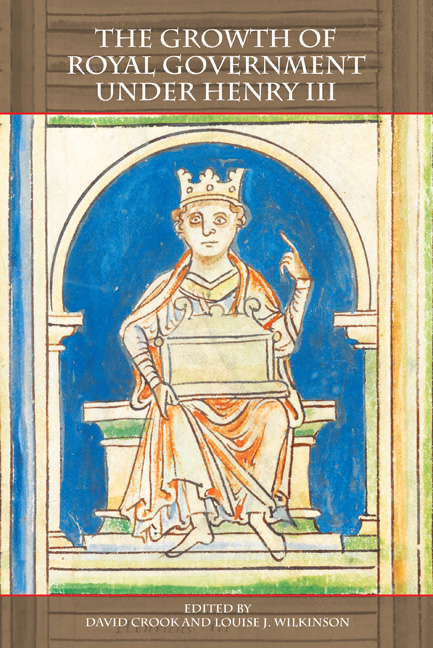Introduction
Published online by Cambridge University Press: 13 April 2021
Summary
King Henry III succeeded his father, King John, at the age of nine in 1216 and reigned for fifty-six years until his death in 1272. His reign was a period of momentous change. The spiritual life of the country was transformed by the arrival of the friars and the work of pastorally minded bishops. The population increased rapidly so that, according to some calculations, it neared six million by the end of the century, roughly three times its size at the time of Domesday Book. Meanwhile the money supply greatly increased and an extended network of chartered markets and fairs came into place. However, the rise in the population was outrunning the ability of the land to sustain it, creating growing numbers of peasant smallholders living on the edge of subsistence and quite literally starving to death in years of bad harvest. There were other sufferers, too. The king broke the financial capacity of the Jews through heavy taxation, and also sanctioned the belief that they crucified Christian boys in macabre parody of the crucifixion of Christ. The way was being prepared for the eventual expulsion of the Jews from England in 1290.
In the first phase of his reign, even when the minority was formally ended in 1227, Henry ruled with great ministers inherited from his father by his side. What historians sometimes call his ‘personal rule’ began in 1234. During that period an increasingly important part was played by Henry's queen, Eleanor of Provence, whom he married in 1236. The patronage which Henry gave both to Eleanor's Savoyard relations and also to his own Poitevin half-brothers was widely criticised, and growing hostility to foreigners served to sharpen a sense of English national identity. Henry's personal rule ended in the great revolution of 1258. A magnate council seized power and carried through wide-ranging reforms of law and local government. After his victory at the battle of Lewes in May 1264, Simon de Montfort, earl of Leicester, became the virtual ruler of England until his defeat and death at the battle of Evesham in August 1265. It was another two years before peace and order returned to England.
- Type
- Chapter
- Information
- The Growth of Royal Government under Henry III , pp. 1 - 6Publisher: Boydell & BrewerPrint publication year: 2015

